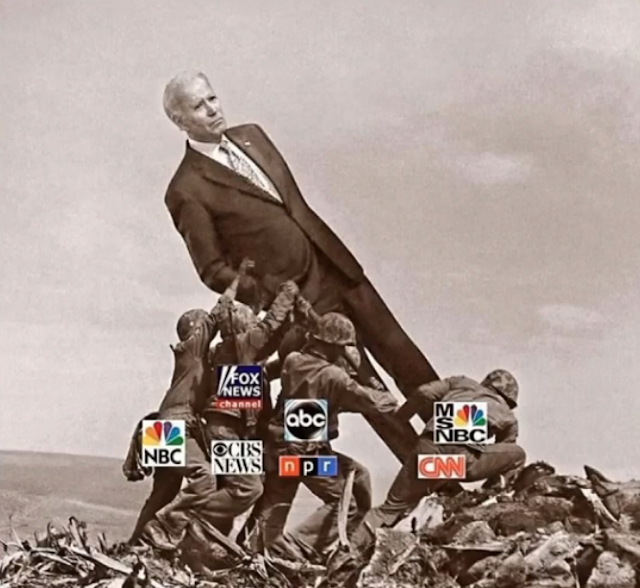Beyond the Class/Race Binary
"Class, Race and Marxism collects six important essays by the leading critical historian David Roediger, published in various venues over the last dozen years. He lays out major trends, and some necessary additions, in politically engaged research into labor and race issues both historically and today.
In a provocative introduction, Roediger surveys the book’s key themes. He begins with a well-reasoned critique of David Harvey’s misinformed notion that recent black struggles in U.S. cities such as in Ferguson, Missouri, have little to do with anticapitalist resistance and revolt. On the contrary, substantial evidence shows that Ferguson’s black uprisings have involved pro-worker struggles against oppressive conditions imposed by deindustrialization, including the extreme victimization, impoverishment, and shaking-down of black people by the white elite. This oppression has encompassed much government malpractice to protect white interests, including racialized police brutality and the racially discriminatory use of municipal courts to fund the suburbs (instead of corporation taxation). In this system, Roediger writes, white racism represents a form of oppression “in which the logic of capital combines rationality and irrationality” (5). Roediger takes issue with class theorists such as Walter Benn Michaels who argue that racial justice efforts often function as “mere covers for maintaining class inequalities,” or that most anti-racist activists passively accept that class inequalities will persist after a racial equality revolution.
Roediger is particularly sharp in his critique of left writers who attacked a now famous Atlantic article by journalist Ta-Nehisi Coates, in which the latter argues the need for a sociopolitical program of reparations for African Americans, given their uniquely oppressive historical experience of racism. Critics suggested Coates and other leading black intellectuals and activists had rejected “universalist” programs for ones narrowly focused on race alone. Yet this type of “class-splaining” ignores the actual views of black theorists both present (including Coates) and past (Claudia Jones, Dr. Martin Luther King, Jr.), who clearly recognized and accented the need for both specifically racial and more universal, class-oriented programs of major social and economic change.
Let me summarize Roediger’s stimulating essays. Chapter 1 deals with an array of mostly European scholars (e.g., Paul Gilroy) whose analyses of Western societies have tended to substantially and critically emphasize class over race. He largely rejects this shift, concluding that there is no theoretical or political reason to retreat from a joint analysis of race and class in understanding society or organizing for radical change. In Chapter 2, Roediger revisits his and others’ early work on the “wages of whiteness,” and critical whiteness studies more generally. He tracks the origins and development of the field in the work of key Marxist scholars such as Alexander Saxton and Theodore Allen in the 1990s, underscoring their vital importance in explicitly raising issues of whiteness in connection with labor relations and divisions under capitalism. He notes that earlier writers had interrogated the meaning of whiteness, such as the African American critic and novelist James Baldwin, but omits what is likely the first critical whiteness study: W. E. B. Du Bois’s brilliant 1910 essay “The Souls of White Folk.”1 Nevertheless, given his acknowledged debt to Du Bois, Roediger here and elsewhere in the book does prominently discuss the former’s influence, especially through later works like the landmark Black Reconstruction, which delineated the powerful concept of the “public and psychological wage of whiteness.” This idea refers to the “con job” that elite (capitalist) white men have constantly pulled on ordinary whites to try, usually successfully, to keep them from organizing with black Americans and other people of color, despite their many shared interests.
Throughout these essays, Roediger argues that in assessing these contradictions, too many left scholars have insisted on a “class first” position, instead of attending to the centrality of the racist exploitation of African-origin peoples to the capitalist prosperity of Western societies. As Du Bois so eloquently put it in The World and Africa, the extreme impoverishment and economic destruction of Europe’s African colonies is “a main cause of wealth and luxury in Europe. The results of this poverty were disease, ignorance, and crime.”2 The exploitation of African-origin labor and material resources has for too long, been downplayed in both left and right accounts of centuries of European and North American development and prosperity. . ."

Comments
Post a Comment